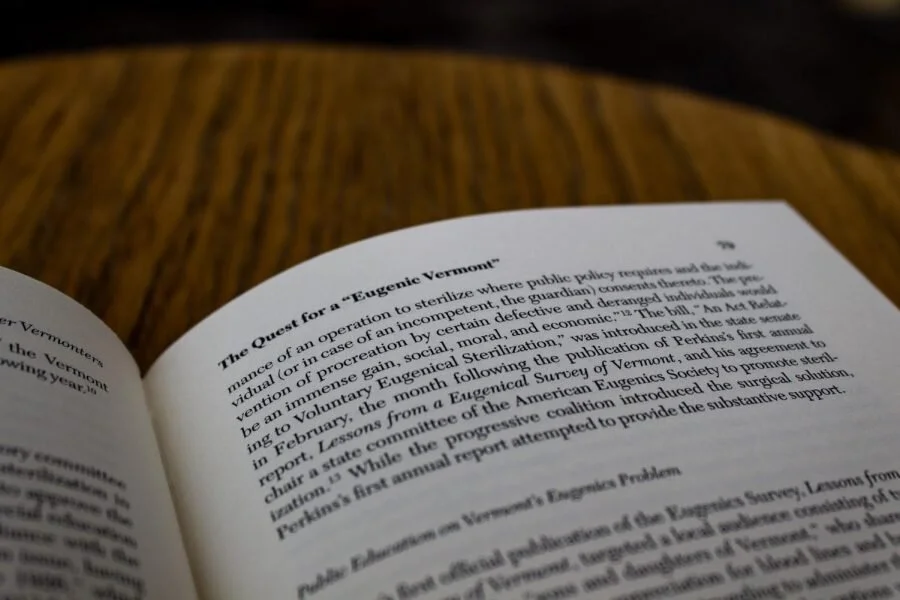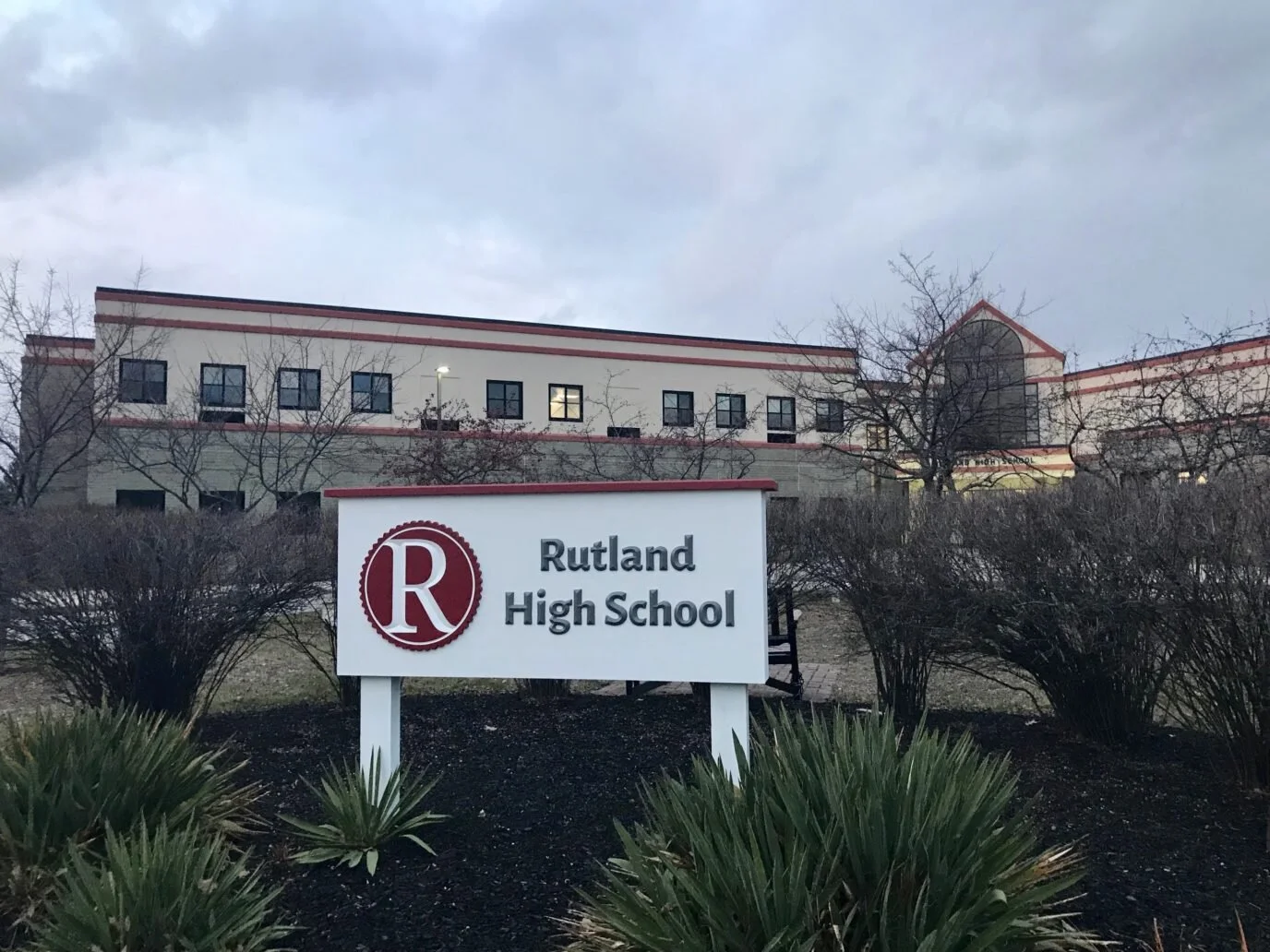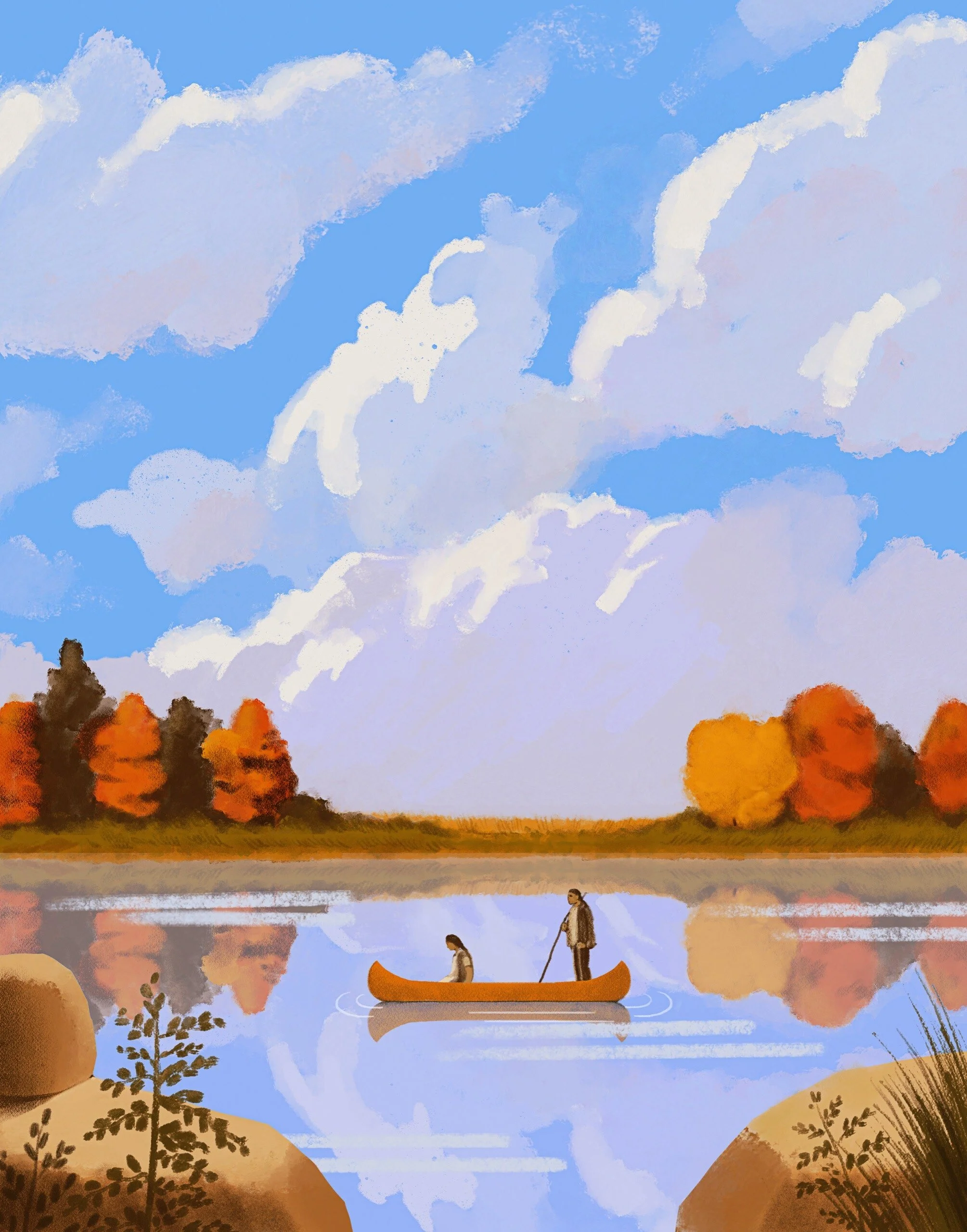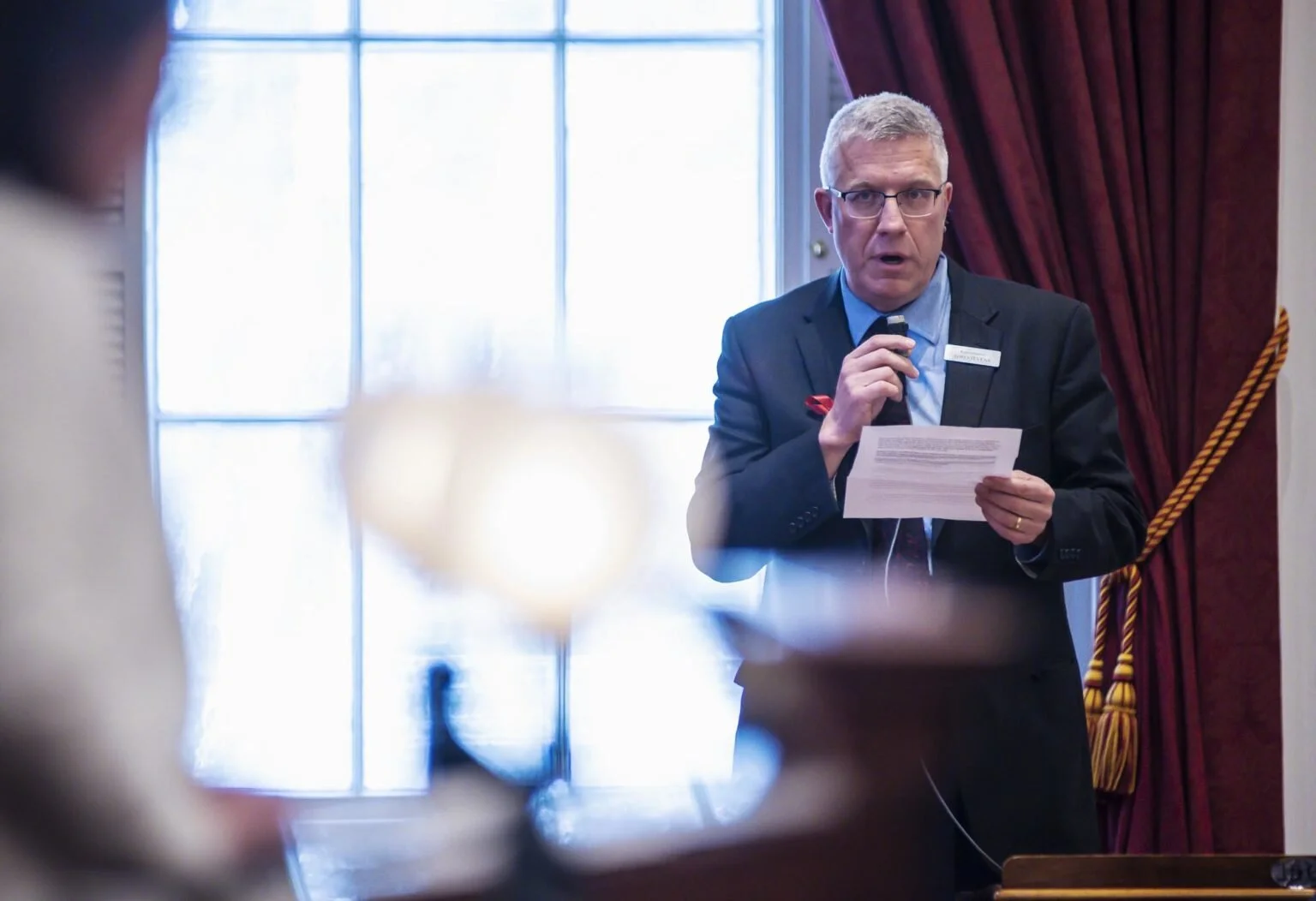Eugenics at UVM: the Apology Is Just a Start
Following the student group’s demands, UVM created a Renaming Advisory Committee in March 2018 in order to look further into Bailey’s history with eugenics at UVM according to an August 2018 Cynic article. Both the UVM Renaming Advisory Committee and the Board of Trustees voted to remove Bailey’s name in October 2018. However, three years later, questions are being raised about whether this was the right decision and what more could still be done.
JRH 2 - A Eugenics Apology - Advances to Senate Action Calendar
The Vermont Senate Committee on Government Operations (under Chair Jeanette White) has completed its deliberations upon JRH 2, a House-originated bill that offers a detailed official apology from the General Assembly for the actions and impacts of the State-level Eugenics Program and its policies.
Abenaki Nation, Missisquoi Leadership Shares Vaccine Clinic Experience
The Abenaki Nation of Missisquoi Leadership shared a reflection on a COVID-19 vaccine clinic held April 25 at the Abenaki Tribal Office…
Meanwhile, Nahaiwi, Downstream at Squakheag/Northfield
A general interest article overview of the archaeological survey work beginning in Squakheag/ Northfield, MA for the Schell Bridge replacement project. A project off to a rocky start, as far as acknowledgement and meaningful, respectful inclusion in a Federally-overseen process (for what that is worth). Locally, cooperation and collaboration are promising; higher up the ladder, it begins to fall apart, rapidly.
Third Speaker in the CCV Series: Melody Walker
Community College of Vermont has convened a three-part series of Abenaki speakers this year, hosted online. The third and final speaker, Melody Walker - member of the Elnu Abenaki - presented on Thursday, April 15th, and the video recording is linked below. Melody’s presentation centered upon “Indigenous Ways of Knowing, Healing, and the Path Forward”. Within her community, Melody has focused on cultural revitalization and concepts of personhood.
The Mis-Telling Continues: FHWA Includes Mohawk Trail in New Road Designation
A newly minted set of National Scenic Byways and All-American Roads includes Massachusetts Route 2 - the so-called Mohawk Trail - and further enshrines the erasure and replacement of Indigenous presence in the landscape here. The author repeats the contrived narratives and ahistorical tropes that have bolstered public (mis)conceptions of this memoryscape without question, and reinforces the skewed narrative created to promote American automobile tourism, and all the disconnects that come with it.
Rutland Board Splits Over Native Land Recognition
“Land recognition” entered the city’s agenda Monday over the strong objections of some members of the Board of Aldermen.
The board narrowly voted Monday to have the General Committee discuss the city engaging in a land recognition — a formal acknowledgement that the land where Rutland is located was once Native American territory.
Jess Robinson on The Woodland Period in Vermont: New Discoveries
Video of a presentation by Vermont State Archaeologist Jess Robinson on April 18, 2021, sponsored by the Ethan Allen Homestead Museum in Burlington, VT.
Heated Rutland School Board Meeting Puts Old Mascot Back on the Table
The benighted refusal to listen to voices from the Native community is deeply troubling, and indicative of the deep-seated and willful persistence of historical patterns of dismissal and erasure, in Vermont and elsewhere. We continue to await a sign that the Board itself invites a substantive dialogue, on not only this immediate example, but the mindset that leads to it. As a public educational institution, the very mission of the Board is to accept responsibility for this charge, and move toward awareness and understanding.
For the Love of N’dakinna: Abenaki Continuity and Adaptation
Abenaki people have thrived within N’dakinna, their homeland, for more than 10,000 years. While the people and their culture have changed during this time, the core values of their ancestors have remained constant. Melody Walker Brook, citizen of the Elnu Abenaki Band of N’dakinna and former chair of the Vermont Commission on Native American Affairs, describes how these core values can help shape a more beautiful future.
How Did a Self-Taught Linguist Come to Own an Indigenous Language?
The Penobscot language was spoken by almost no one when Frank Siebert set about trying to preserve it. The people of Indian Island are still reckoning with his legacy.
Stories of Native Presence in Dummerston History
Join in for the Dummerston Historical Society’s Quarterly Meeting and Program via Zoom on Thursday, April 15, at 7 p.m. A brief business meeting will be held first, focusing on a review of 2021 activities and the budget. Following the business meeting, the program will feature Rich Holschuh, an independent historic and cultural researcher.
Sierra Club Vermont Chapter’s Community Conversation: An Abenaki Perspective
Part of the Community Conversation series with the Vermont Chapter of Sierra Club, recorded on April 7, 2021 and archived at YouTube here.
Maskwaimoziak - Birch Trees: New Music from Bryan Blanchette
A tribute to resilience and healing from Abenaki singer-songwriter Bryan Blanchette. In his words, “This song was inspired by the Birch Trees reclaiming the industrial scarring of the quarries in Graniteville, VT. They're creating an inspiration for decolonization.”
Atowi Project Shares Stories Through Abenaki Eyes
A new initiative is set to shed more light on local Abenaki history and their existing culture via programming through Retreat Farm. “This is an Abenaki word, A-T-O-W-I, and it means together in space and time,” Rich Holschuh, director of the Atowi Project, said during the Brattleboro Rotary Club meeting held remotely Thursday.
The cultural outreach organization will improve a trail at the Retreat Meadows and add signs telling the history of the area through “Abenaki eyes” among other projects, Holschuh said. An event in August at the farm announced the undertaking.
VT House Adoption of JRH 2, A State Eugenics Apology, on Third Reading
On its third and final reading, the VT House of Representatives voted unanimously to adopt JRH 2: a “Joint resolution sincerely apologizing and expressing sorrow and regret to all individual Vermonters and their families and descendants who were harmed as a result of State-sanctioned eugenics policies and practices.”
Today’s VT House Floor Vote on JRH2, a State Eugenics Apology
In the Vermont State Legislature today, the House Floor Vote on JRH.2 - the Vermont State Eugenics Apology. DIscussion and deliberations begins at 7:30 into the video. Click through to YouTube to watch. The Resolution will next pass to the Senate.
This is a sad and hard-won day, but a sign that continuing moves toward balance are dawning. We are our ancestor’s dreams; may we honor those responsibilities to those who have come before and those yet to arise.
VT Schools Embrace Land Acknowledgements
Here in Vermont, educational institutions are now starting to adopt land acknowledgments, too. Rich Holschuh, representative of the Elnu Abenaki Tribe, said it’s fitting that schools are leading the way since “they’re in the business of enlightening and sharing information with other people.”
VT House Committee Unanimously Favors Apologizing for Eugenics Movement
Several lawmakers choked up Friday afternoon as a House committee unanimously signed off on a bill apologizing for Vermont’s role in the eugenics movement. “If I don’t accomplish anything else in the Legislature, I’m so happy to have been part of this,” said Rep. Tommy Walz, D-Barre.
Danville VT School Board Says Goodbye to Indians Mascot
Another school in Vermont is changing its mascot. In a 4-1 vote, the Danville School Board said goodbye to the “Danville Indians” Tuesday. But for one school board member, changing the school identity was no easy task. “This was definitely the hardest decision I have ever had to make as a school board member,” said School Board Chair Bruce Melendy.



















